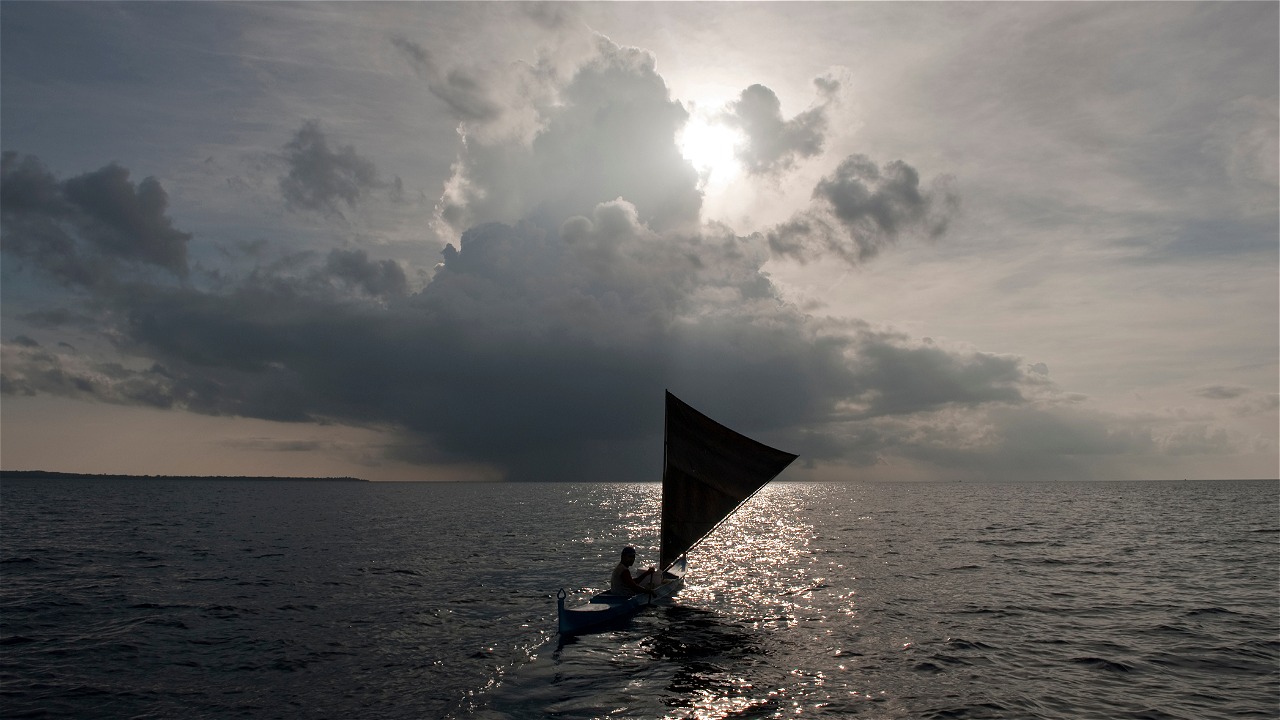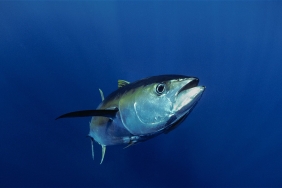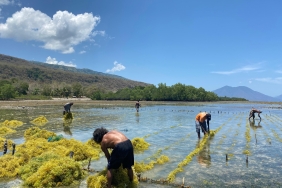IT'S TIME FOR THE LOCAL TOURISM COMMUNITY OF WAKATOBI TO TAKE ACTION!
By Indarwati Aminuddin & Martina Rahmadani (Responsible Marine Tourism Team, WWF-Indonesia)
After almost 10 years of moving to become a marine archipelago based on sustainable tourism and fisheries, the Wakatobi Regency Government still faces a tough challenge to actively involve the community. The community must become a group of beneficiaries of the tourism and fisheries industry, not just spectators - even marginalized - by the pace of tourism driven by outsiders. Don't let Wakatobi lose its passion for 'sustainability'!
On Kaledupa Island, the names La Beloro, La Dii, Wa Rika, and Edi Jaimu are well known for organizing local fishing and tourism groups. Their organization called ""Forum Kahedupa Toudani"" (Forkani) is known to be critical in fighting for the rights of local communities. The struggle has been going on since 2005, when the number of visitors to Wakatobi per year was only around 3,000; most of them were absorbed by large tour operators. They share the same concern that tourism growth is concentrated on those who have access to information, communication, capital and transportation. "Unfortunately, our community is not one of those with access," La Beloro said.
It all started in stages. It began with discussions with Operation Wallacea to get the organization to commit to encouraging researchers-mostly foreigners-to visit villages. These visits have proven to provide income to the community through transportation services, food sales, or souvenirs. Discussions were also held with the Wakatobi Tourism Office on destination programs and tour operators. Unfortunately, community guests are very dependent on the season and the generosity of tour operators, so the numbers are not very large. This has caused the idea of community-based tourism development to simply evaporate.
"If this is allowed, the leakage rate of tourism profits occurs quickly at the community level. Nothing goes to the community, all business is done in the city, booking tickets and hotels, culinary, shopping for products, and so on, "explained Rika. According to her, when the frustration of only being a 'spectator' at home strikes, the community has the potential to utilize natural resources haphazardly.
To motivate communities to make the most of tourism potential to improve their quality of life, it is necessary to consider a number of factors such as increasing the capacity of these communities, building networks with markets, promotion and marketing, and encouraging supportive regulations.
For this purpose, on March 30 to April 4, 2015, WWF-Indonesia held a capacity building training for local facilitators on Kaledupa Island to encourage community-based tourism. The training was led by IBK Yoga Armaja and attended by representatives of Forkani (Kaledupa), Komunto (Tomia), Foneb (Binongko), and Komanangi (Wangi-Wangi) organizations. The training was conducted by combining practice and theory that encouraged participants to understand the core of sustainable tourism along with the principles, elements and business units that need to be developed, as well as strategies for involving other parties in strengthening the business. After attending this training, participants are expected to disseminate the tourism knowledge gained during the training to the target community. In the final session of the training, the participants managed to design small travel packages that will then be offered to a wider market.
In the "What stories to share with tourists?" trial, the trainees realized that the future of the resources they currently have is in their hands. "Now, whether to preserve it or not is entirely up to the people here," Beloro explains. "And we hope that the trainees are able to become agents of change to encourage conservation to go hand in hand with tourism," he added.
About Community in Wakatobi
Most Wakatobi communities work in culinary, fisheries, transportation and souvenir crafts. Like any community in a conservation area, Wakatobi communities live in areas of high biodiversity. The influx of tourists often impacts the way local communities view the use of their natural resources. Why can they? Why can't we? As well as potentially shifting cultures.
WWF-Indonesia promotes the concept of responsible marine tourism management by respecting the communities that live in the region. This perspective is based on the belief that prioritizing and respecting local communities can help these communities have a sense of pride that encourages them to become "hosts" in their own territory. In this position, local communities earn the right to be actively involved in structuring and developing marine tourism, as well as having access to the utilization of the natural and economic resources of the tourism sector.
The training for local facilitators is an initial training that is expected to produce strong conservation cadres, who are able to bridge the tourism business and the conservation movement that strengthens the position of the Wakatobi National Park. "Like two sides of a coin, both have the same value. If the facilitators have enough capacity to produce other local cadres, then slowly we have encouraged the community to have access to tourism," Beloro explained.





